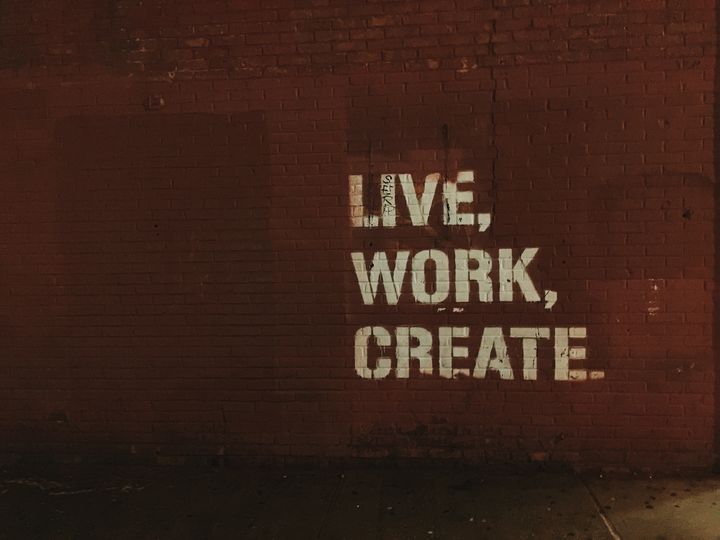Why do Minorities Experience Higher Stress at Work?

Many employers pride themselves on their commitment to diversity and inclusion. But workplaces are run by humans, not robots. It can be hard to prevent majoritarian attitudes and biases towards women, religious minorities, scheduled castes, LGBTQ+ individuals, or disabled people from spilling over into common workspaces.
Such biases - also known as workplace discrimination - if left unchecked, can affect the morale and mental health of the workers belonging to minority groups.
Inclusivity for minorities at the workplace
Here’s what employers can do to ensure that workplace wellness remains truly inclusive.
- Speak to your minority employees about the issues they face (if any). Find out whether these problems are isolated or represent a larger workplace culture issue. This will help identify workplace discrimination and stress among minorities.
- Lookout for institutional biases that (inadvertently) go against the idea of workplace parity. For example, offering extended parenthood leave only to women employees reinforces the idea that women are the primary caregivers of children, not men. Such policies disguise as workplace discrimination and shape traditional attitudes around hiring or promoting female workers.
3. Examine your internal grievance redressal mechanisms, such as anti-harassment committees, to ensure that they are properly staffed and run. This requires the commitment of leadership to minorities and workplace discrimination as well.
4. Provide sensitivity training to all employees, emphasising the importance and benefits of workplace diversity. Teach them to identify and report behaviour that is not in line with the firm’s commitment to equal opportunities for everyone (minorities especially).
Try Manah's free emotional wellbeing assessment now!
5. Assign mentors to minority employees who need assistance. The mentor should ideally be a senior employee who can help the person deal with issues like bullying or isolation and also help them unlock opportunities within the organisation. This is a critical step to protect minorities from discrimination.
Workplace discrimination and minorities
The unequal nature of mental health care access in modern society means that economic, social, gender, or orientation-based minorities are often deprived of the critical resources they need to optimise their mental health.
Also read: Stress: Beginner’s Guide and FAQs
At Manah Wellness, we provide innovative tools and professional support to dynamic startups, emerging businesses, and trusted brands. Browse our vast range of services and resources to support wellbeing and growth:
Wellbeing Ambassador Training Programme for Corporates
Wellbeing challenges for high-performance teams
Virtual onboarding best practices for 2022
Employee motivation strategies to maintain team morale



